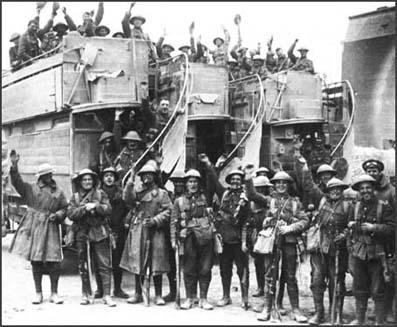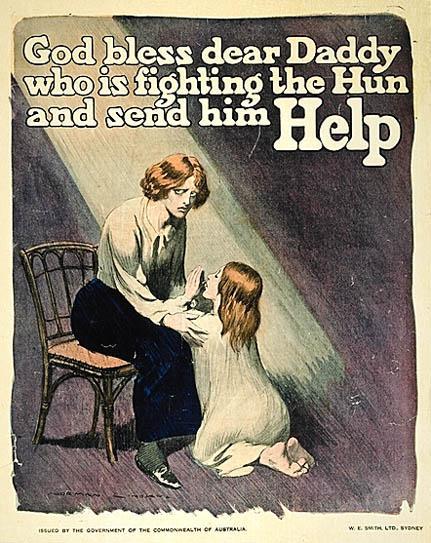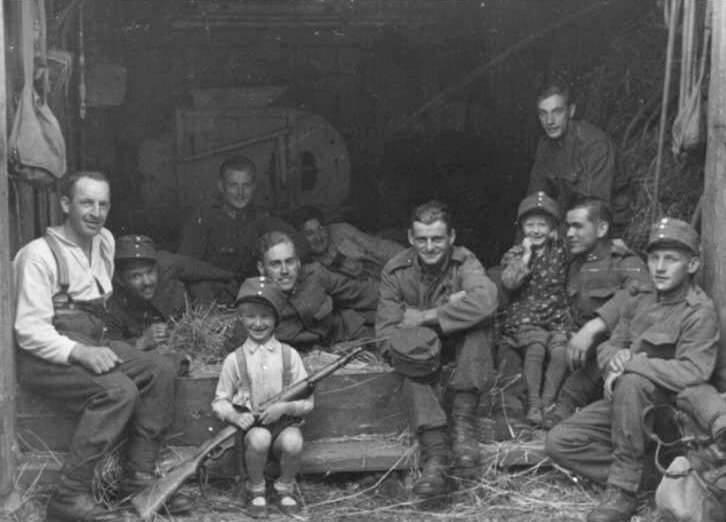Too Many Battle Ready Troops Already ‘Consumed’
In Britain, Conscription Raises Millions More Troops
Special to The Great War Project
(2-5 January) A new year, and still a bloody stalemate on the Western and Eastern Fronts.
It is unprecedented in history, observes historian Adam Hochschild. “No war in history had seen so many troops locked in stalemate for so long.”
At the beginning of 1915 the Germans occupy some 19,500 square miles of French and Belgian territory.” At the end of the year, he writes, “Allied troops had recaptured exactly eight of those square miles.”
“The British alone suffering more than a quarter-million casualties in the process.”
Nonetheless, at the beginning of 1916, two and a half million men in Britain are enlisted. Writes Hochschild, it has been called “the greatest expression of enthusiasm for war in all history.”
Still it isn’t enough manpower. Pressure in Britain is mounting to establish the draft. On this day January 5th precisely a hundred years ago, the British Prime Minister Herbert Asquith introduces in Parliament the first Conscription Bill. Instantly, at least two million additional men are eligible to be drafted.
Despite the losses Britain and its allies are suffering, the mood among their enemies is gloomy. Austria has made great gains on the Eastern Front against the vast Russian army. But the Austrians “recognized the enormous problems that the war was creating,” writes historian Martin Gilbert, “especially as the Russian army, for all its setbacks, continued to fight with tenacity.”
The Austrian commander-in-chief, General Franz Conrad, writes to the Hungarian Prime Minister Count Istvan Tisza on January 4th, “There can be no question of destroying the Russian war machine….England cannot be defeated; peace must be made in not too short a space, or we shall be fatally weakened, if not destroyed.”
The leaders in Germany will hear nothing of peace talk. They use their strength on the battlefield to issue new orders to the national minorities of conquered lands.
“That January,” reports Gilbert, “the German language was declared to be the only official language in Bohemia [Czechoslovakia]. In the streets of Prague the police used truncheons against people whom they heard speaking Czech.”
But in truth, the Austrian army is finished.
“The (Austro-Hungarian) monarchy was a cruel, bone-crushing machine,” writes historian Geoffrey Wawro. It ran through its prime draft classes in 1914 in the most careless fashion, and thereafter relied on ‘poorly nourished children and aging men’” writes the cynical Austrian Archduke.
“Using records submitted by the Russians, Italians, and Serbs,” according to Wawro, “the French estimated in 1916 that thanks to the near annihilation of the Habsburg army in 1915 and the average monthly loss of 120,000 men since, Austria-Hungary had already ‘consumed’ most of the men available to it.”
Witness this letter from an anonymous observer on the battlefield: “Men with severe tuberculosis are being drafted…fifty-year-old men with heart problems are being marched around till they collapse… men who declare themselves ill are locked up in jail for fourteen days.”
Writes Wawro, “Men like this had no place on the battlefield where they died in droves. On the Eastern Front alone, one million Austrians died, half of them from infection and diseases.”
“The Austrian troops didn’t care,” reports Wawro, “and they had lost the will to endure life on the march and in the trenches. They were civilians through and through. When released from their trenches and ordered to march, legions of them simply sat down by the side of the road, and waited to be captured.”
In effect Austria-Hungary is the first of the warring nations to suffer defeat.
For historian Geoffrey Wawro, Austria-Hungary “had no business going to war in 1914. Yet they did, killing off their own people in poorly prepared offensives before settling into a war of attrition that ensured the already weak monarchy’s collapse.”
Wawro’s conclusion about Austria’s role is scathing. Its decision-making “was arguably the most senseless and the most reprehensible. The Great War has justly earned a dark place on our historical map, and Vienna, no less than Berlin, was the heart of darkness.”




Interestingly Romanian and Serbian fronts were the shortest lasing font lines. They had much worse casualty ratio. Russia collapsed in 1917. It seems A-H Empire was stronger.